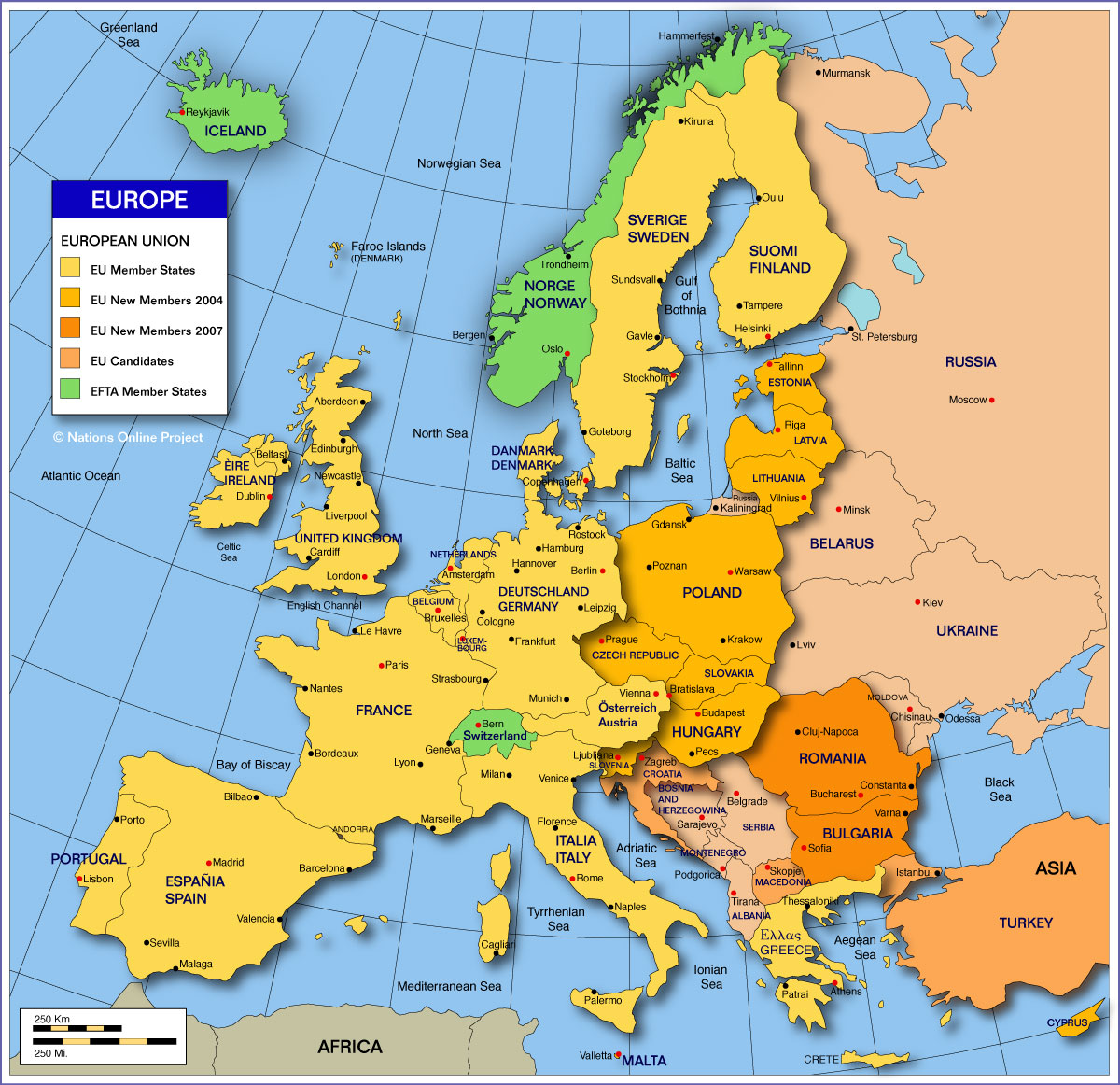 The international media is full of reports about the battle between France and Germany on one side and the balance of the eurozone nations on the other. Germany in particular wants the economically weak countries to adhere to restrictions on their budgets and sovereign balance sheets.
The international media is full of reports about the battle between France and Germany on one side and the balance of the eurozone nations on the other. Germany in particular wants the economically weak countries to adhere to restrictions on their budgets and sovereign balance sheets.
Germany has pressed for laws that abolish the indexing of wages to inflation, the imposition of harsh debt limits voted into EU constitutions, and a rise in retirement ages. The fact that all of these conditions do not exist today is not unlike the reason for why there are no limits on US entitlement programs like Social Security. Everyone wants fiscal prudence. No one wants to pay for it.
Germany believes that it is within its rights to insist on new conditions to bailout funds. It is the bank for the balance of the region. The IMF many be a guarantor, but that makes it a secondary force.
Germany wants to segregate sovereign governments from their sovereign financial rights. The issue is academic for now.
Greece and Ireland have the capital they need short term. Portugal, Spain, and Italy claim they will never need bailouts. The capital markets, both vigilantes and bulls on EU region debt, will fight over values and rates and eventually one or the other will be overwhelmed by actual events. Several more downgrades of Portugal will put it in an untenable position when it needs to raise more capital. On the other hand, as the euro rises and those who think the region has been through its financial trough put more money into sovereign paper, capital may become regularly available to the weaklings.
Germany’s only real leverage is another period of acute distress. When the nations which are desperate for capital turn to Berlin, Merkel will likely have her way. She will have to sit on her hands in the meantime.
Douglas A. McIntyre
In 20 Years, I Haven’t Seen A Cash Back Card This Good
After two decades of reviewing financial products I haven’t seen anything like this. Credit card companies are at war, handing out free rewards and benefits to win the best customers.
A good cash back card can be worth thousands of dollars a year in free money, not to mention other perks like travel, insurance, and access to fancy lounges.
Our top pick today pays up to 5% cash back, a $200 bonus on top, and $0 annual fee. Click here to apply before they stop offering rewards this generous.
Flywheel Publishing has partnered with CardRatings for our coverage of credit card products. Flywheel Publishing and CardRatings may receive a commission from card issuers.
Thank you for reading! Have some feedback for us?
Contact the 24/7 Wall St. editorial team.





